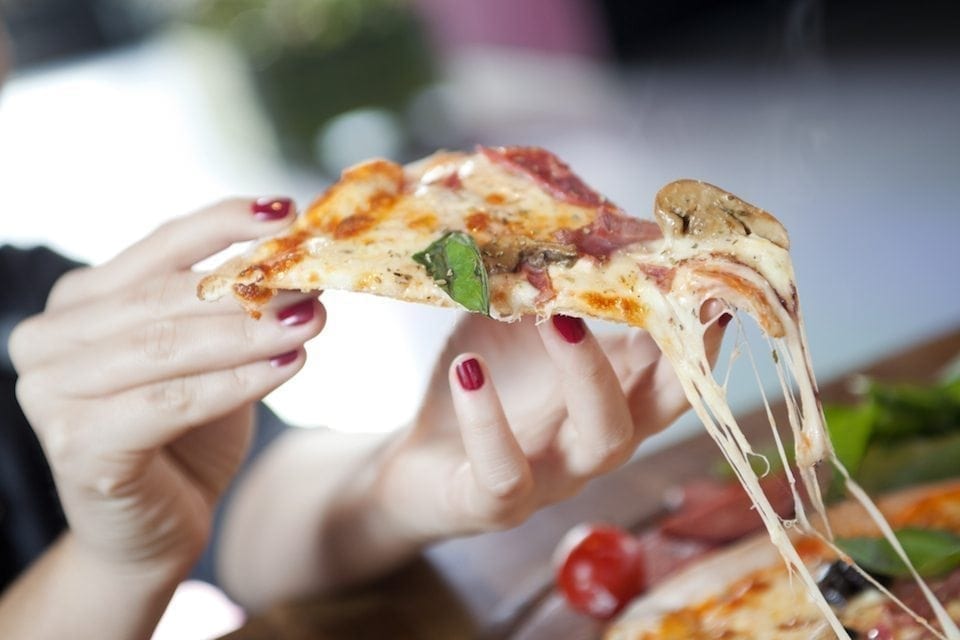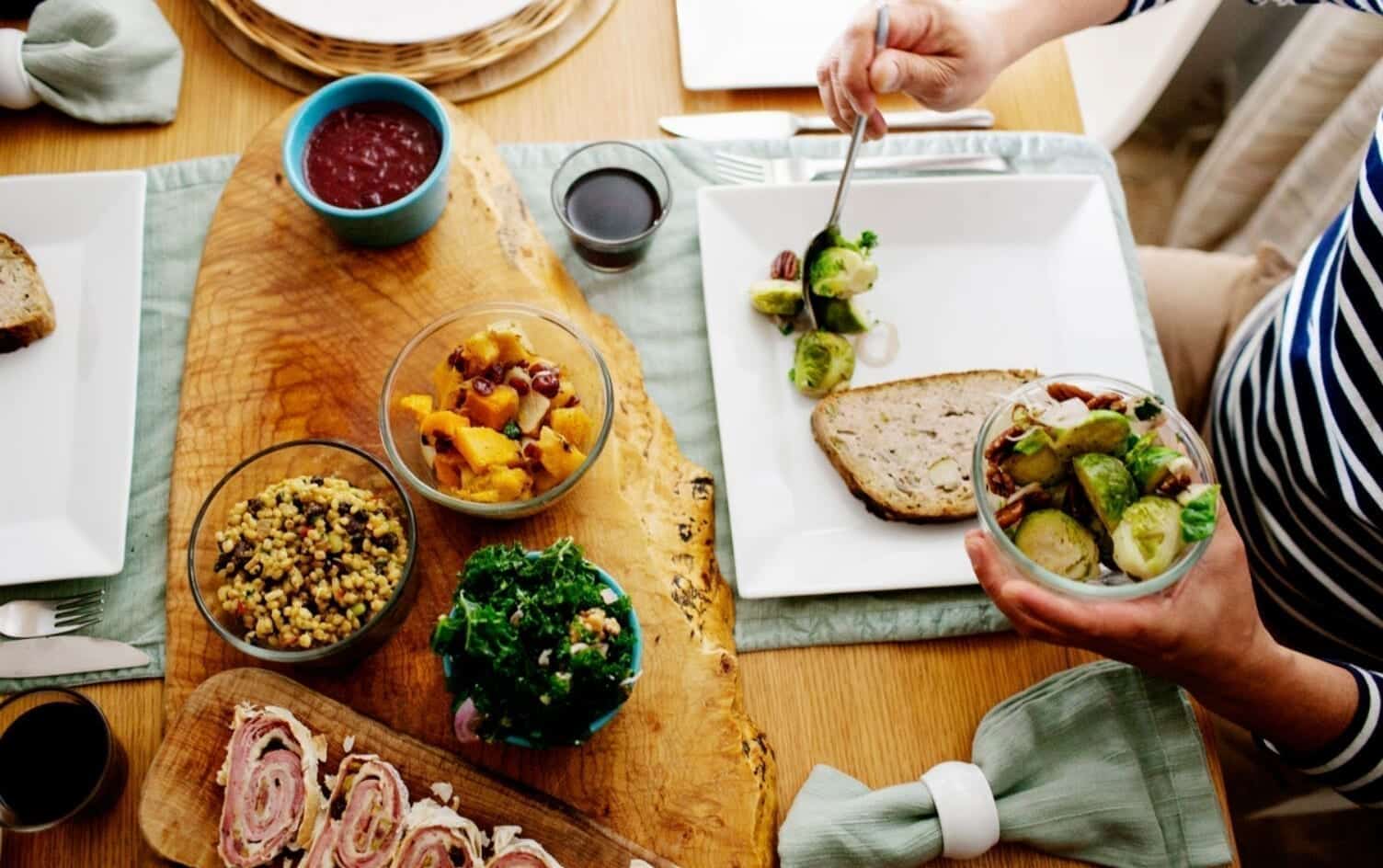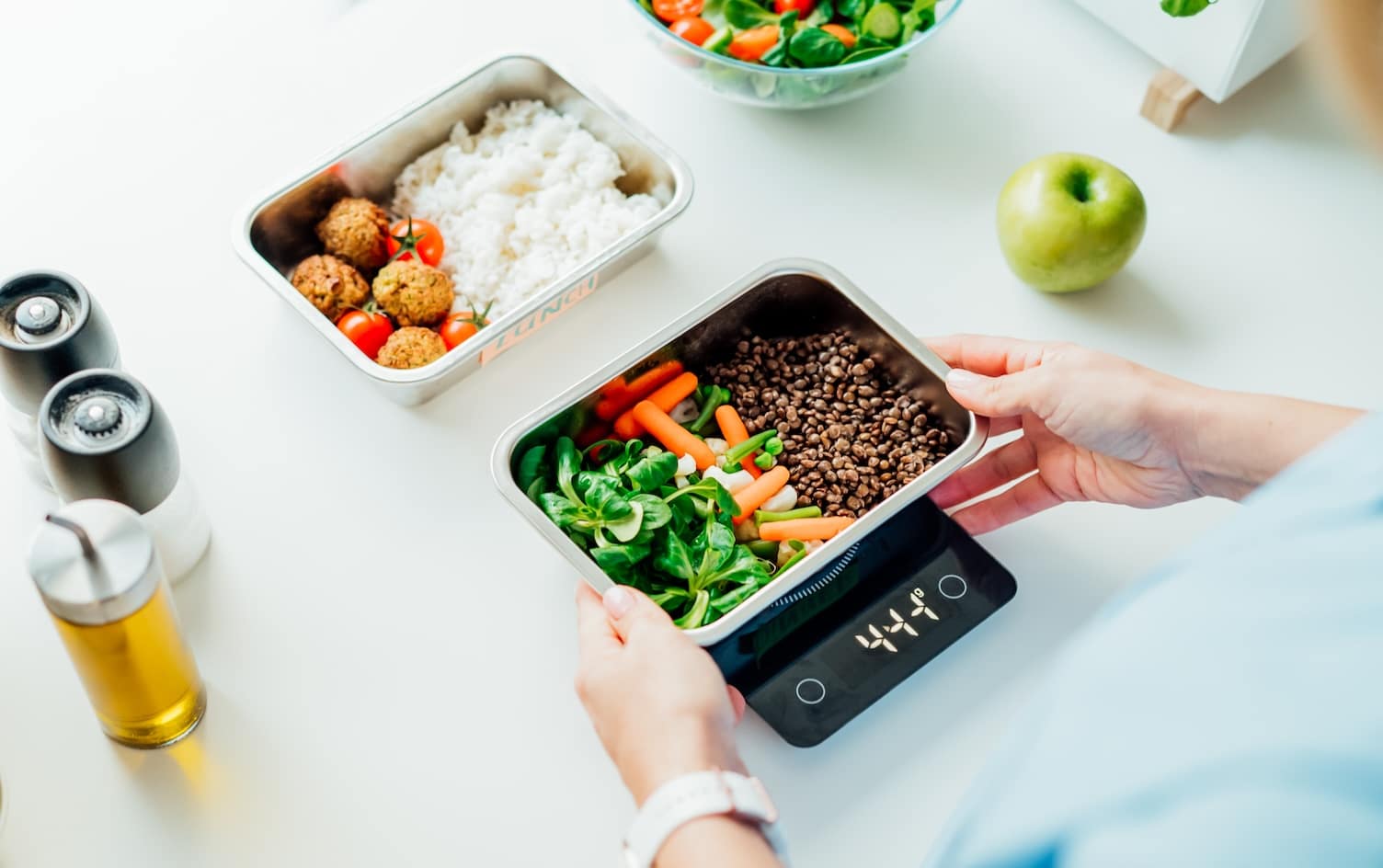Have you ever noticed that when you create a “bad foods” list those items suddenly become irresistible? Ice cream was at the top of my list for a long time, and yet I found myself binging on a pint of Ben & Jerry’s at least once a week. I knew I wasn’t supposed to be doing it, but being bad just felt so good.
Creating a calorie deficit is important if you’re trying to lose weight, and an ice cream binge doesn’t exactly help you take in fewer calories than you’re burning. Still, when you’re putting pressure on yourself to eat perfectly all day, everyday, you risk snapping. And it’s always important to remember: A virtuous diet does not make you a virtuous person. Which is where learning how to work treats into your eating plan comes into play.
Some eaters prefer to have a full-on treat day each week, keeping things clean and healthy the other 6 days. While others do best with a small, treat snack or meal daily. Here’s why you should consider incorporating a treat day or treat snacks into your routine.
Easing restrictions gives your mind a break No one likes to be good all the time. (When was the last time you drove exactly the speed limit?) And your willpower can only handle so much. Having a treat snack or a full-on treat day to look forward to will make it easier to opt for the healthy items the rest of the time. Plus, too much deprivation and restriction can lead to more cravings that could potentially cause you to fall off the healthy-eating wagon in a more serious way—like giving up completely, for example.
Treats could potentially boost your metabolism Many experts encourage dieters to reduce calories by cutting back on carbohydrates to increase your energy deficit and help control insulin, the hormone responsible for stimulating hunger and fat. It’s believed that lower insulin levels encourage fat loss. However, the body adapts to the deficit and often attempts to hold on to its fat stores by burning fewer calories—essentially, your body thinks there’s a famine. Introducing a treat every now and then could prevent that calorie-burn slowdown.Still, it’s important not to go overboard.
You’ll be more mindful of why you’re craving a treat When I sat back and analyzed when I was making those pint-buying pit stops, I realized it was always on my commute home after a rough day at work. For some reason, putting up with all the demands of a stressful job made me feel entitled to a sugar fest. (When I left that position, my ice cream cravings eased up.) Had I not removed it from the “bad foods” list, I might not have made that connection.
When you treat yourself, you are in control—not the food Understanding the difference between “cheating” and “treating” puts you in control of your cravings. Let’s get clear about what those two words mean…
Cheat (verb): to break a rule or law usually to gain an advantage at something
Treat (transitive verb): to provide with enjoyment or gratification
Once you’ve tossed out that “bad foods” list, what you’re doing when you have a slice of pizza or birthday cake is no longer breaking the rules. You get to decide when you have a treat, and you can clearly see in your diary where you’ll need to cut back later to fit that treat into your healthy eating plan.
These days, my go-to treat is still ice cream—Trader Joe’s Ultimate Chocolate Ice Cream, to be exact. But my relationship with it has changed dramatically. I always keep a carton in the fridge, and when I want ice cream I portion out a ½-cup serving, sit down, and allow myself to really enjoy it. I no longer see my treat as a reward for getting through a rough day or a stressful situation. It’s now exactly what it should be: a tasty treat that I can choose to have—or not have—at will.
Do you incorporate treats into your weight-loss or weight-maintenance plan? Share your strategies in the comments!




